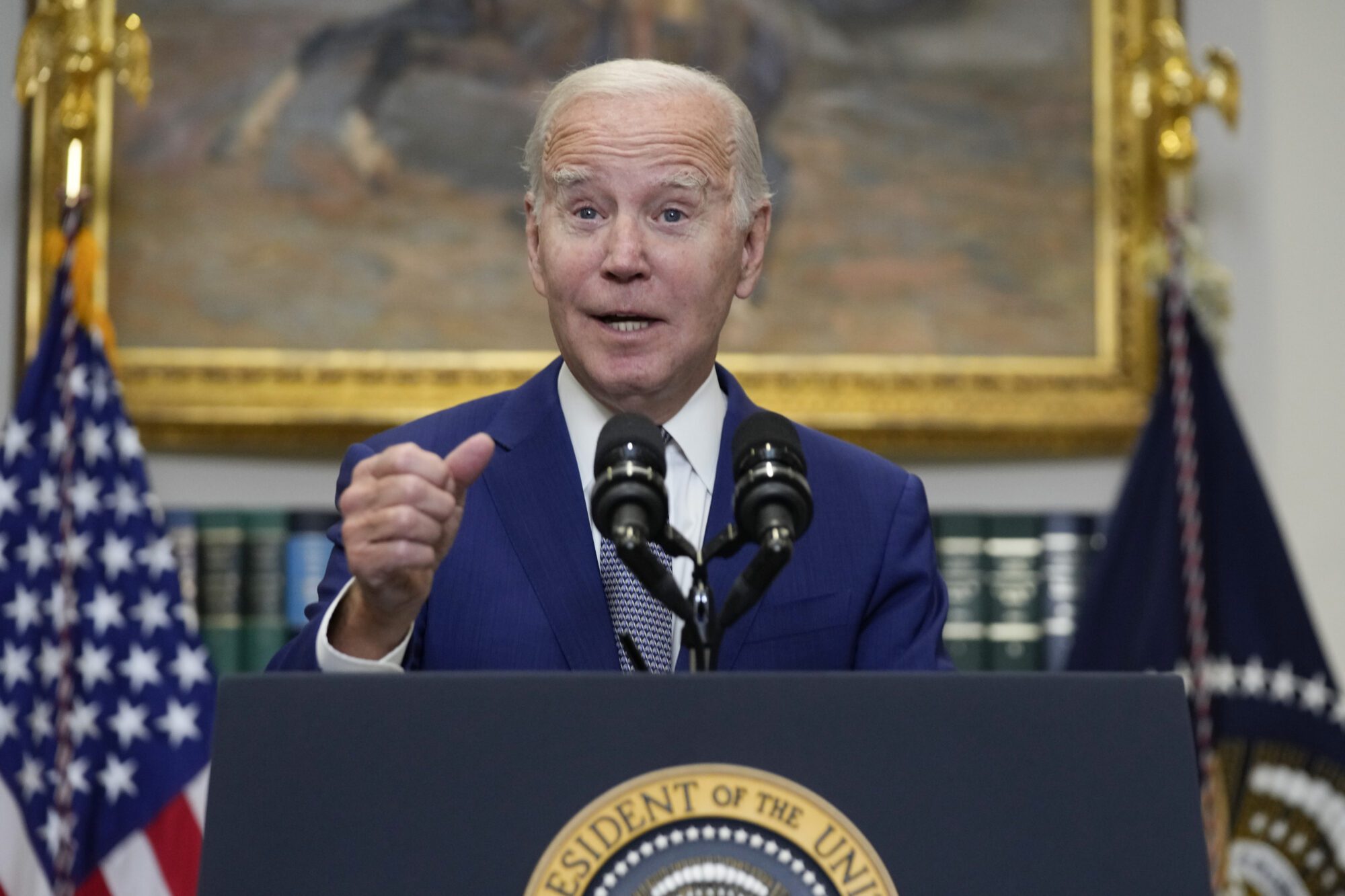STATEMENT OPPOSING STATE FUNDING FOR PRE-KINDERGARTEN
by Forest Thigpen
President, Mississippi Center for Public Policy
The Senate has passed and the House is considering bills that would, for the first time, provide state funding for pre-kindergarten programs from the state budget. Mississippi Center for Public Policy opposes state-funded pre-kindergarten.
We admire the passion of the sponsors of these bills, and we share their desire to see the children of our state succeed in life. But this is the wrong step to take.
Today’s arguments for pre-kindergarten are the same as they were for kindergarten 30 years ago. And, based on the outcomes, kindergarten does not appear to have improved academic achievement. For example, the average ACT score in Mississippi is the same as it was 20 years ago!
Even if this starts on a small scale, this program will grow, as all government programs do. When government programs are created, they sometimes appear to have a positive initial impact, but when they prove ineffective, the tendency is not to say, “We messed up,” but to say, “We simply didn’t go far enough.” Then we expand to the next step, until we see it is not working either. And so we expand again.
Some advocates, including one of the state’s largest newspapers, have said their goal is a “comprehensive and compulsory early childhood education” system.
Apparently, they believe a state where no four-year-olds are at home with their mothers (or fathers) is a good thing. Apparently they believe all parents are incapable of teaching their children what they need to know, presuming “the professionals” can do better. To be clear, the bills before the legislature do not do that, but it is important to remember that government programs rarely shrink and almost always grow beyond the imaginations of their originators. When combined with President Obama’s call for universal pre-K, these bills would set us on that course.
From a practical standpoint, we have to ask, “Why would the legislature establish a new competitor for education funding when it is having trouble satisfying the requests of our K-12 system, our community colleges, and our senior colleges?” The Senate bill would have a $66 million annual impact on the state budget in the third phase of the program, rising from $16 million in its first year. Fixing our K-12 system should be accomplished before adding more responsibility to the Department of Education.
Even if legislators could stomach the hit on the state budget, funding pre-K is ineffective in the long run. In almost every study of large-scale early childhood programs, the results have been found wanting. The children might start kindergarten stronger, but the benefits fade out by the third grade, if not earlier.
We know there are parents who do too little to prepare their children for life. However, every time the government takes on a role best suited for the family, it undermines the principle even further that the family is the building block of society and parents are responsible for raising their children. It furthers the notion that government is our savior, the solver of all problems.
We stand today in the early childhood education debate where we stood in the poverty debate in 1960. Now, as then, families and churches aren’t meeting all the needs, so the assumption is that government must step in. That’s the wrong step to take. Yes, poverty programs solved some short-term problems, but they created the long-term perception that government was going to take care of people, inadvertently leading to more single-parent families. And the poverty rate remains virtually unchanged.
Creating yet another program to relieve parents of their responsibility – even if that result is an unintended consequence – would make the problem even worse for future generations. Let’s not overstep and create programs that may solve problems for a few but create more and deeper problems in the process.
While it is tempting to believe government funded pre-K will help families and single parents, the long, sad legacy of most government programs is that they keep people poor, destroy families, and harm the very children they were intended to help. There are better ways to prepare our children for a bright future, and as we have been doing for twenty years, MCPP stands ready to help.






